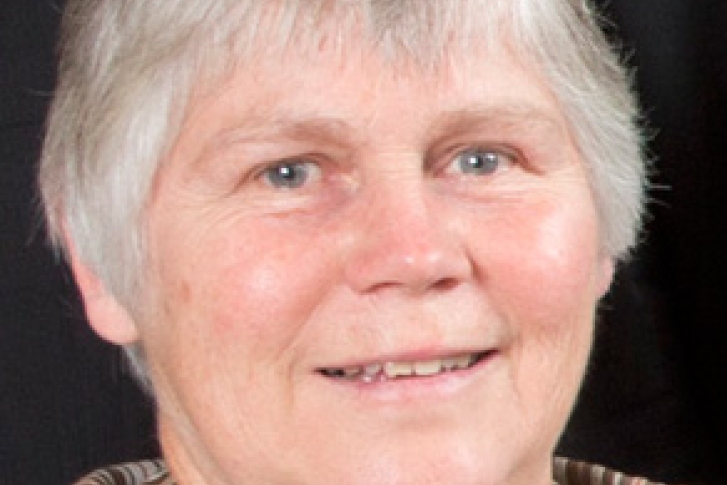The Sustainable Seas National Science Challenge today announced funding for eight new scientific research projects to help New Zealanders better understand and manage the oceans surrounding them.
The new projects range from analysing the success of a multi-group project to restore the Ongatoro/Maketu estuary to assessing the risks and benefits of leaving petroleum industry infrastructure in the sea once it has been decommissioned.
The Sustainable Seas National Science Challenge is one of 11 Ministry of Business, Innovation and Employment-funded initiatives aimed at taking a more strategic and collaborative approach to science investment.
The aim of Sustainable Seas is to enhance use of our marine resources, while ensuring the marine environment is understood, cared for and used wisely for the benefit of all.
The challenge’s innovation fund offers up to $1.5 million a year to support projects up to a value of $150,000 per year for two years.
Highly original thinking
The fund sought proposals that would not only contribute to the challenge meeting its objectives, but also to look at ways of adding value to our marine economy. Challenge director Dr Julie Hall said she was not only delighted with the standard and scope of the proposals submitted, but also the highly original thinking.
“We asked for innovative ideas that would bring new ways of doing things that involved industry and communities coming together to apply their thinking in a way that has not been seen before. I am thrilled with the calibre of the proposals that will enable us to tap into the wealth of innovation that exists in New Zealand to help us achieve our objectives,” Dr Hall said.
The successful projects are:
- Maketu Estuary case: analysis and evaluation of the strategy and implementation of the co-governance group Te Maru o Kaituna, to restore the Ongatoro/Maketu Estuary (Waikato University).
- Submarine canyons: comparing coastal-derived plant material to the sediment and food webs of the high productivity Kaikoura Canyon and low productivity Hokitika Canyon using compound-specific stable istope analyses. (NIWA)
- Seabirds: examining how seabird location data can be used to improve understanding of seabird distributions. (NIWA)
- Taranaki shelf: Determining the effects on deep-shelf benthic communities caused by human activities, such as seabed mining and fishing. (NIWA)
- Marine biodiversity: establishing and testing an innovative, cost efficient strategy for quantifying marine biodiversity using environmental DNA extracted from marine water samples. (University of Otago)
- Re-use of offshore infrastructure: studying the potential risks and benefits to the environments of in situ marine structures and whether they may bring value to communities. (Elemental Environment)
- Coastal acidification: to conduct a feasibility study of coastal acidification mitigation strategies for the mussel industry. (NIWA/University of Otago)
- Near real-time forecasting: using operational oceanographic forecasting to respond to changes in coastal conditions and contamination risk to reduce commercial shellfish harvest and beach closures. (Cawthron Institute)

